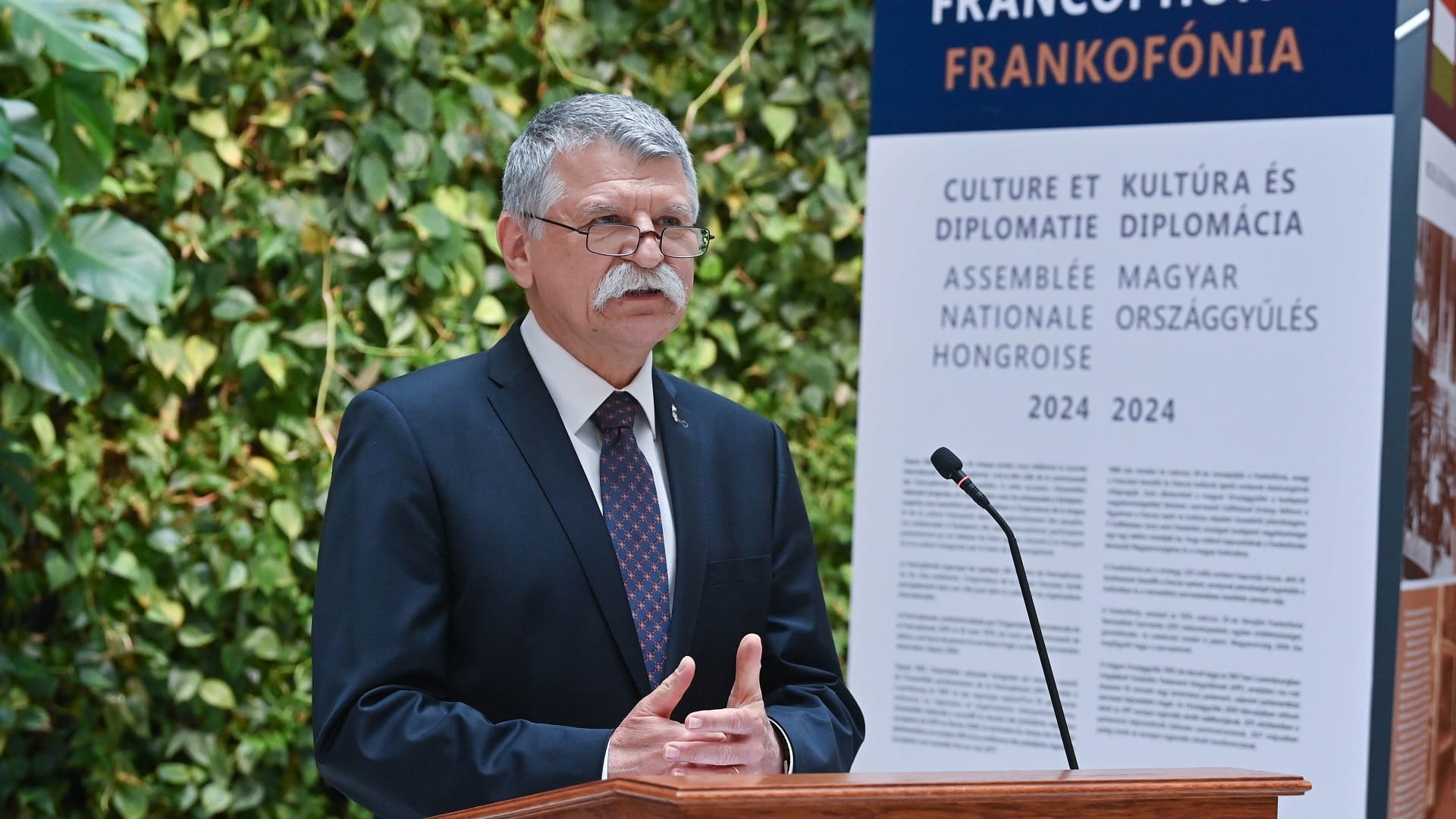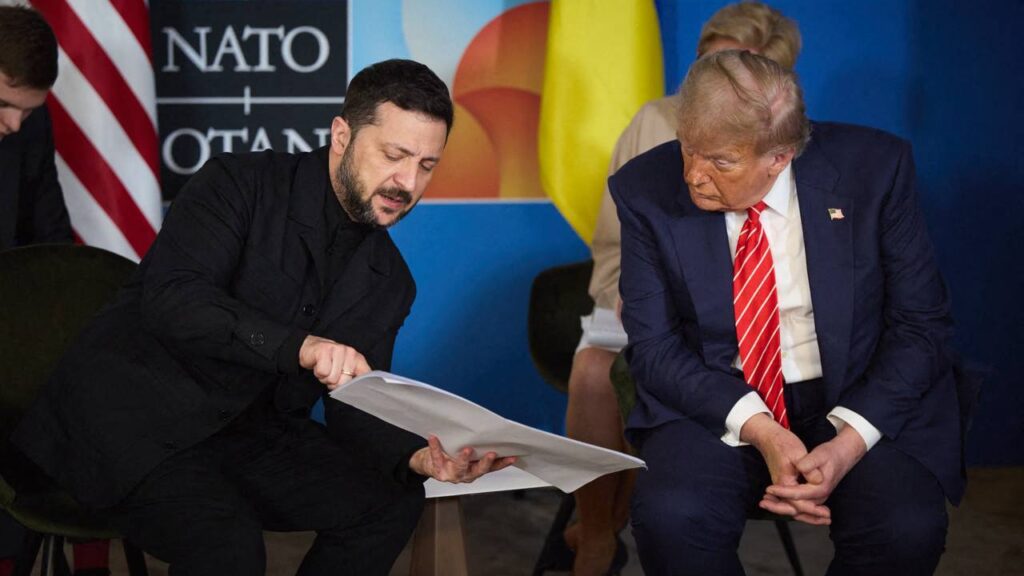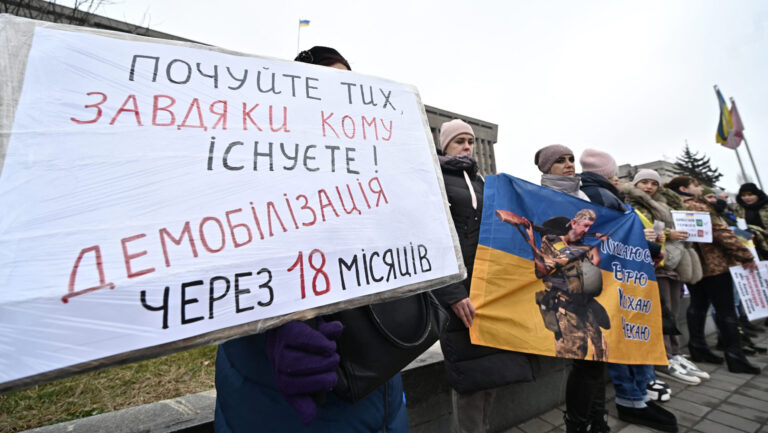House Speaker László Kövér recently spoke at the Rákóczi Association’s All-Hungarian University Students’ Camp. In his lecture on 19 August in Sátoraljaújhely, Hungary, he called the years between 2012 and 2022 ‘one of the best decades in Hungarian history’.
‘The decade has brought successes in all fields, in cultural life, in defence policy, and in national policy as well,
of which there are either no examples at all or only very few in Hungarian history,’ the House Speaker told the audience.
The dreaded Coronavirus pandemic fell into that decade, which Speaker Kövér also acknowledged. However, he believes Hungary overcame the challenges ‘quite well’, and the pandemic ultimately did not hinder the country’s development. What did end the successful and prosperous decade, however, was the Russian invasion of Ukraine in February 2022, according to Speaker Kövér. The final outcome and all the consequences of the war are still uncertain today, he said, then added that the everyday difficulties caused by the conflict are both economic and political, and also affect national politics.
The Greatest Achivements of the Hungarian Government in 2012–2022
The decade cited by Speaker Kövér followed the recession brought on by the 2008 financial crisis. Hungary, despite having been hit harder by the economic crisis than other countries under the socialist administration, recovered quite well under Fidesz. Unemployment went down to below 5 per cent by mid-2016, despite being as high as 11.4 per cent in the spring of 2010, when the Fidesz party took over the government.
Today, unemployment remains among the lowest in the European Union at 4.3 per cent,
as per the latest numbers.
Fertility rates have also risen in the country in the same time period. While it was at just 1.33 child per woman in 2010, it rose to 1.53 child per woman by 2022.
The positive developments in the country are also evidenced by the electoral success of the long-reigning Fidesz party in Hungary. In 2014, 2018, and 2022, Fidesz won with constitutional supermajorities, while also winning the popular vote by at least 19 points each time in multi-way races.
Related articles:








